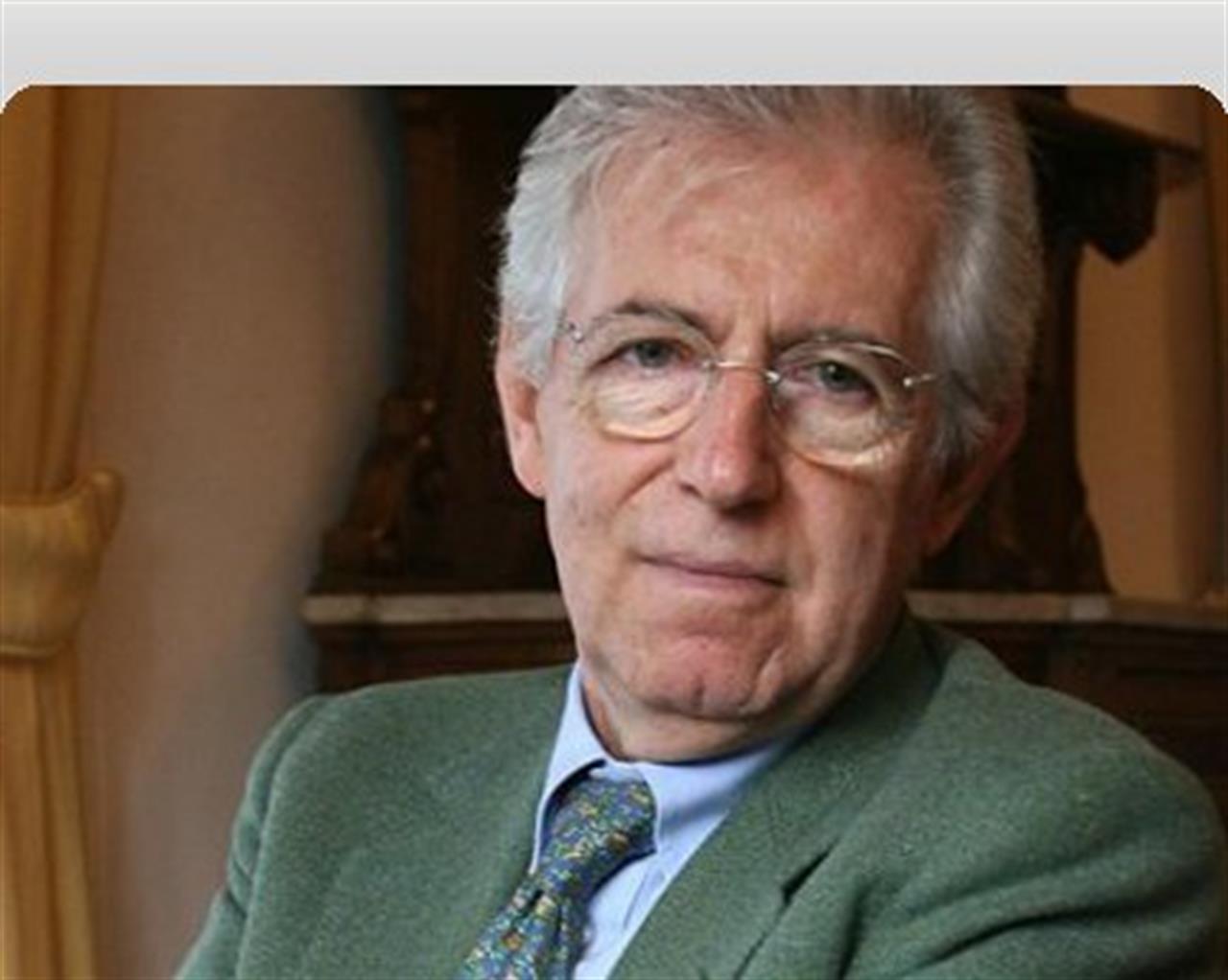Time for a social market economy
Meet Mario Monti, the man expected to pull Italy (and Europe) out of the slump
di Staff

Mario Monti, 68, eminent economist and former European Commissioner, has been made Italy’s Prime Minister.
He was appointed by the President of the Italian Republic Giorgio Napolitano on November 13, after a series of meetings with senior politicians to agree on a new caretaker government after Prime Minister Silvio Berlusconi resigned the previous day.
Now Mr Monti is working to form the new government and will have the difficult task to pull Italy out of the crisis.
In the following interview (which was published on Vita.it on September 16, 2011), Giorgio Fiorentini, professor at Bocconi University and one of the most accredited experts of social economy in Italy, interviews Mario Monti, who is also President of Bocconi University.
The “Single Market Act” confirmed a strong social vocation, as an essential element to keep the stability of the European Single Market. Another main point is that the reconciliation of the market with the social aspect happens through actors: social enterprises, that give further stability to the system. The role of these actors, the social enterprises is very important for Mario Monti.
The “Single Market Act” speaks about the social market economy, what is it about?
The Treaty of Rome and the Maastricht Treaty contain cues of social market economy when it comes to competition, budget regulation, attention to income redistribution, fight to inflation. Lately, the 2010 Lisbon Treaty formally says for the first time that the EU aims to be a very competitive social market economy. The market has this essential role, it had it since the EU was founded. The common market today is quite in crisis partly because the reconciliation with the “social” aspect seems to be problematic. Over the course of the last ten years various factors of tension have thrown into crisis both the adjective (“single”) and the name (“market”). As for the adjective tensions, deriving from the difficulty in integrating, had a role, with countries that are reluctant to open to other countries. As for the name, the 2008 financial crisis made the trust in the market economy, that was less stable in Europe than elsewhere, collapse. Now Europe has to give new impetus to its competitiveness in respect to the rest of the world, it can’t renounce to the Single Market, to economy of scale: the Single Market does not have to be broken up.
What role should the “social” aspect have?
The social aspect now comes into play: not only many actors, among the population and among politicians, would like to have a more social Europe, but also now recognizing space to the social aspect becomes a priority, as I explain in the report I presented to Barroso. The social aspect has to be seen as a reacquisition of a wider consensus in building the market itself. It is then necessary to change direction in building the market: not slowing down the market, but better conciliating the market with social aspects.
Are social enterprises only considered useful to fight poverty today?
If there is a Single Market and resources can move, capitals move even easier, and if there is no tax coordination among Member States there is tax competition and the capital benefits from it and goes where it is less taxed. States, competing between themselves, allow tax decrease on capitals as well as the increase on labor taxes: this is why the Single Market could be seen as an enemy of the social aspect.This is why the EU is trying to obtain tax coordination. In this context the social enterprise plays an important role: in the EU’s economic fabric, space must be left both to public sector and to publicly owned enterprises (if they comply with competition rules), both to individuals and to social enterprise, not seen as a mere statement but as a living beings with possibilities of growth. In my report, that then became the legislative basis for the “Single Market Act”, this awareness towards the social aspect is very evident, with practical proposals. The Act goes beyond the Green Book and beyond consultations: at present the Parliament and the Council of the European Union are waited to deliberate on a fast track, on a fast procedure given the urgency of the issue. For instance, as for bank foundations, Italy did better than Germany, for once. Twenty years ago, for both of them there was a vast bank sector, national or local publicly owned.
Italy then followed, with the Amato and Ciampi Laws and the inspiration of Minister Andreatta, the path of a clear distinction between bank enterprises and bank foundations, mainly with the Casse di Risparmio: the foundation is the shareholder of the enterprise, it receives profit and it pays it out according to its own vision. In Germany the political world was not sharp enough to make the distinction: there is still an hybrid system there, despite the repeated observations from the European Commission. In Germany the fund for the social area is disbursed inside bank enterprises, with little transparency and a commingling between politics and finance that causes problems.
Nessuno ti regala niente, noi sì
Hai letto questo articolo liberamente, senza essere bloccato dopo le prime righe. Ti è piaciuto? L’hai trovato interessante e utile? Gli articoli online di VITA sono in larga parte accessibili gratuitamente. Ci teniamo sia così per sempre, perché l’informazione è un diritto di tutti. E possiamo farlo grazie al supporto di chi si abbona.
